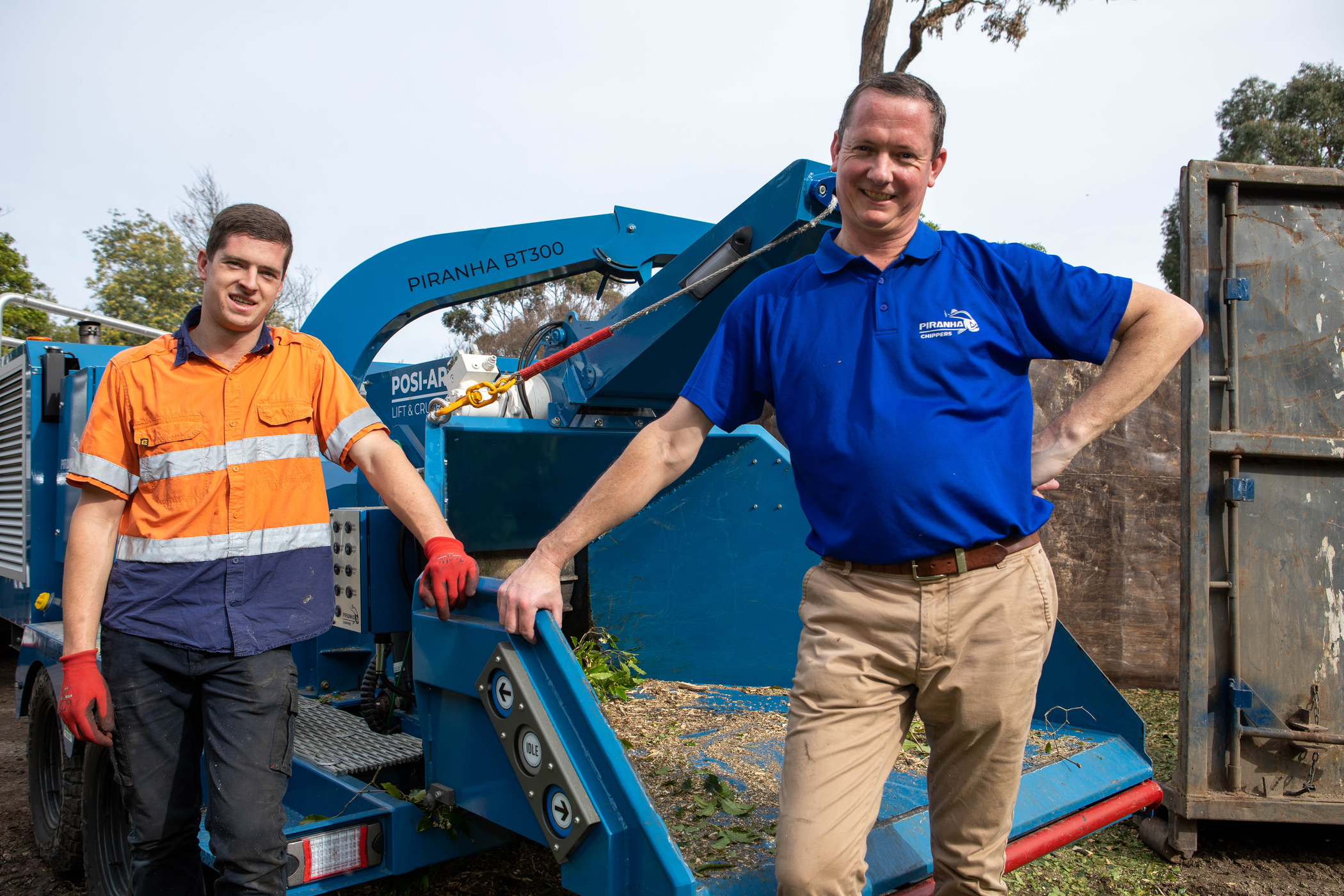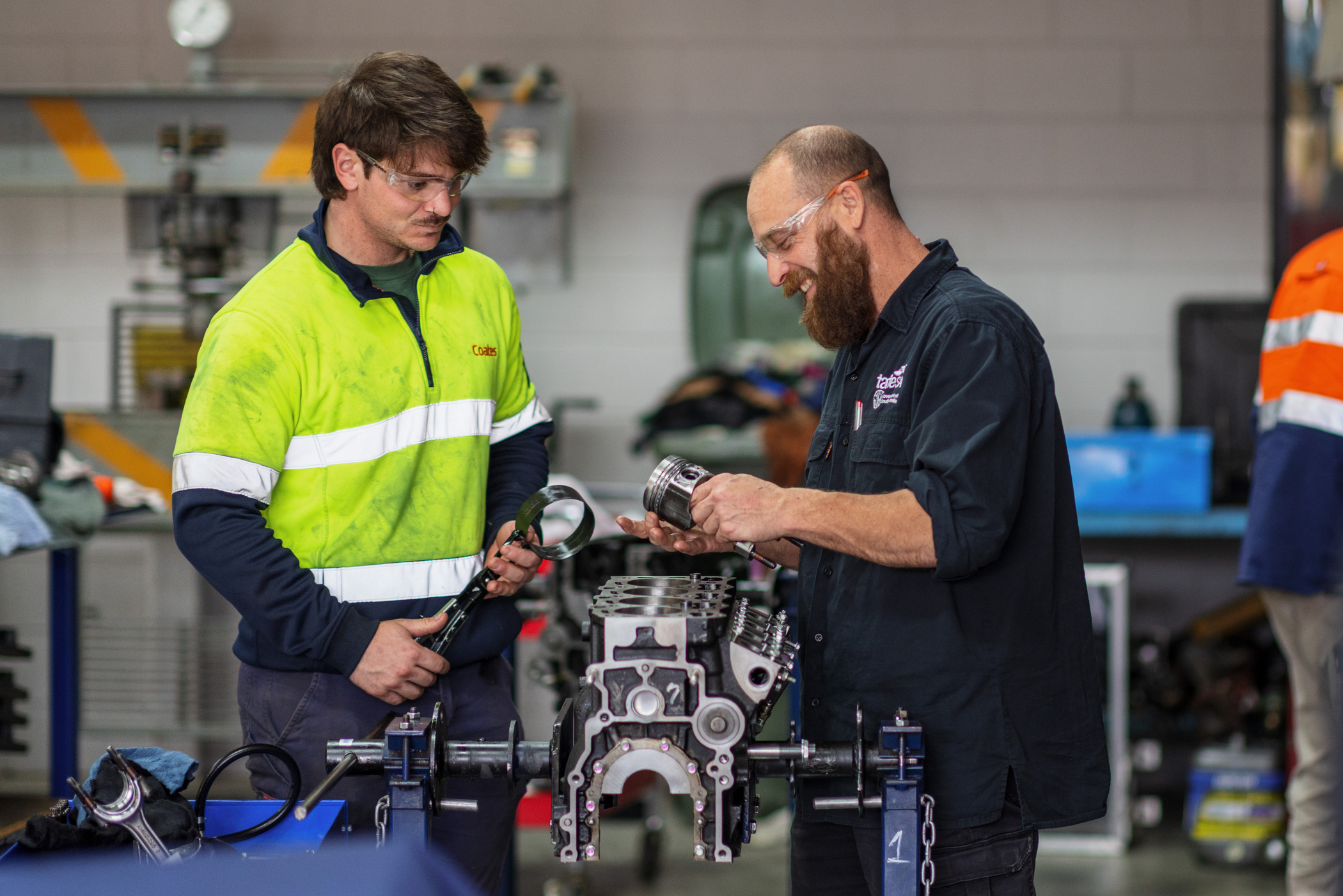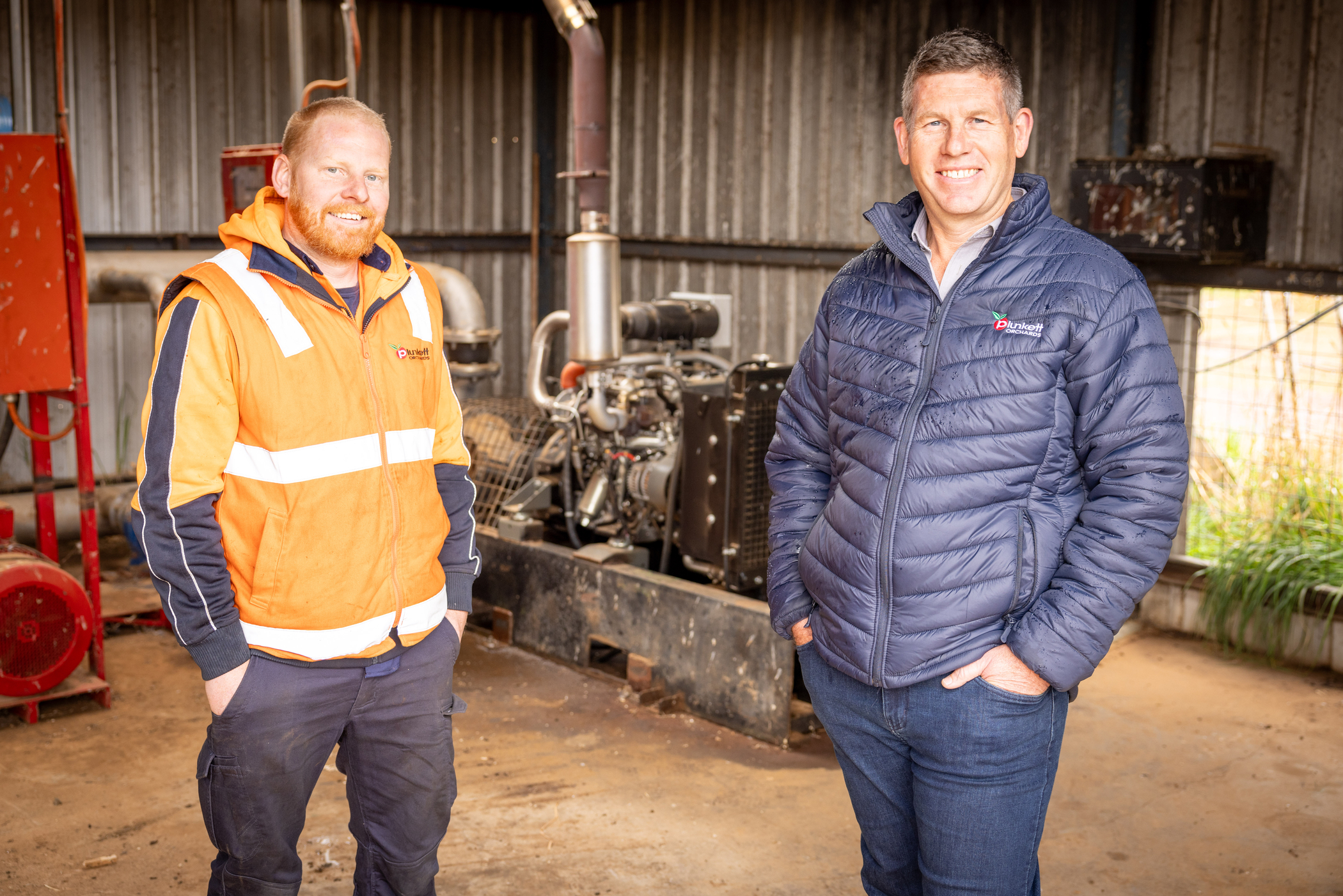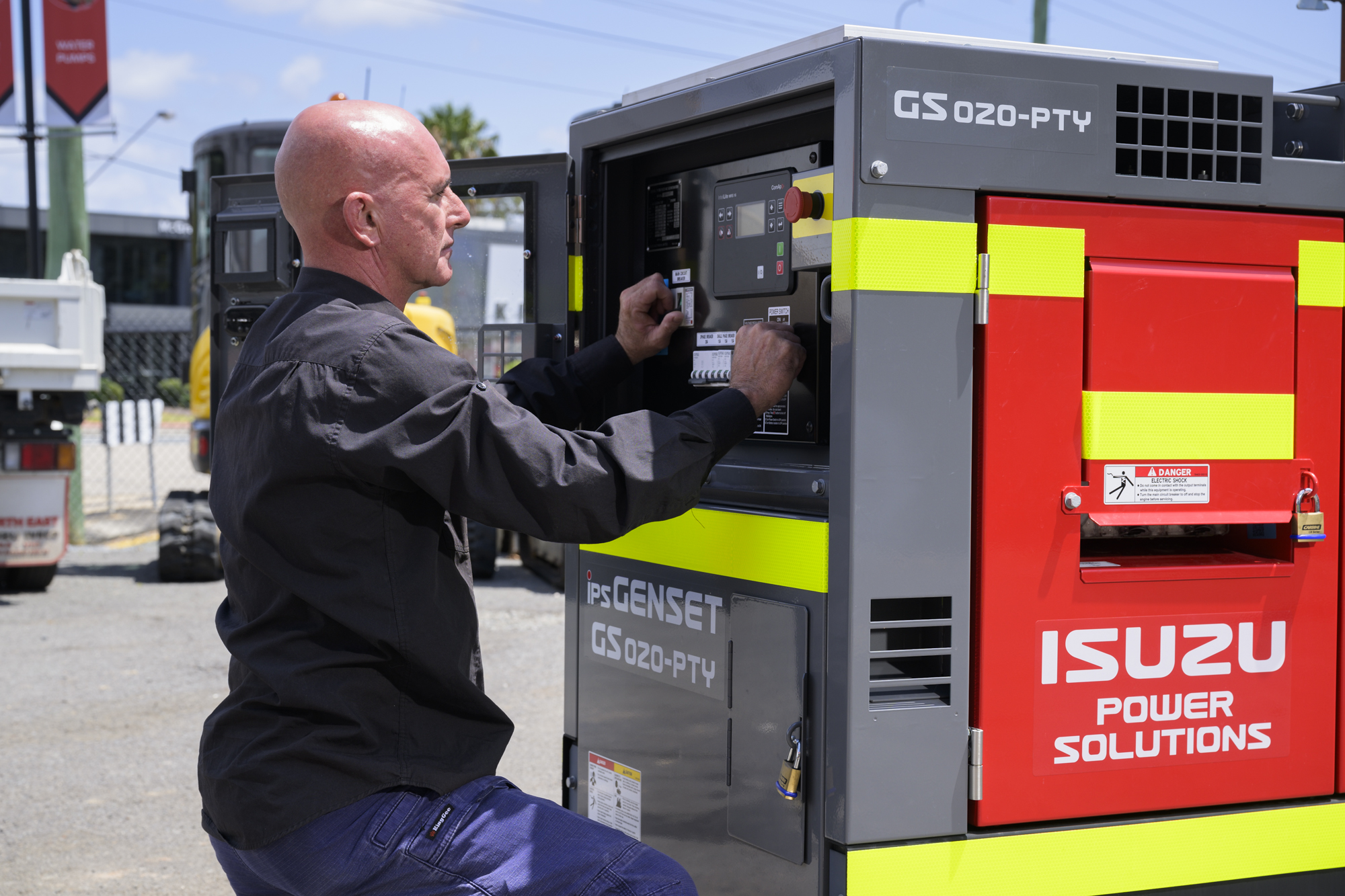Power at the heart of the community
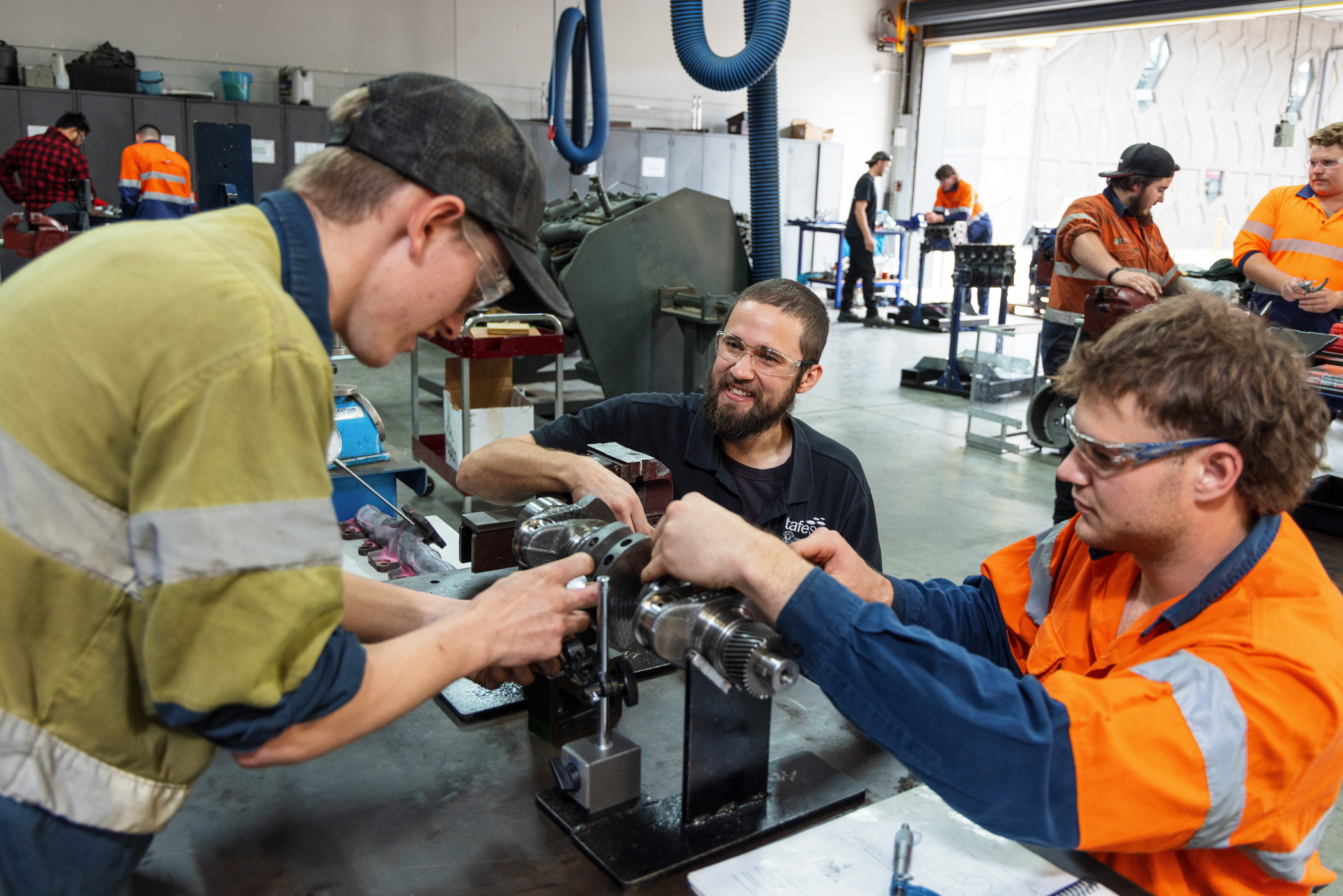
When you think about the term ‘community’, power generation may not necessarily spring to mind first and foremost.
Nevertheless, we rely on power and specifically, diesel-powered engines, for many aspects of our modern lifestyle. This ranges from products transported by trucks and trains to diesel-powered machinery used in construction, farming, and mining, to the primary power source for some remote and regional communities.
The beginnings of diesel engine technology can be traced back over 130 years ago, when the steam engine still remained the predominant power source for industry. In the early 1890s, European engineer and inventor Rudolf Diesel patented and tested the first prototypes of the internal combustion diesel engine.
The fact that they are still widely used today (though having undergone significant advancements in operational efficiency and variety) shows the enduring nature of the technology.
In this blog, we take a look at the surprising range of community services reliant on the modern-day versions of the faithful diesel engine.
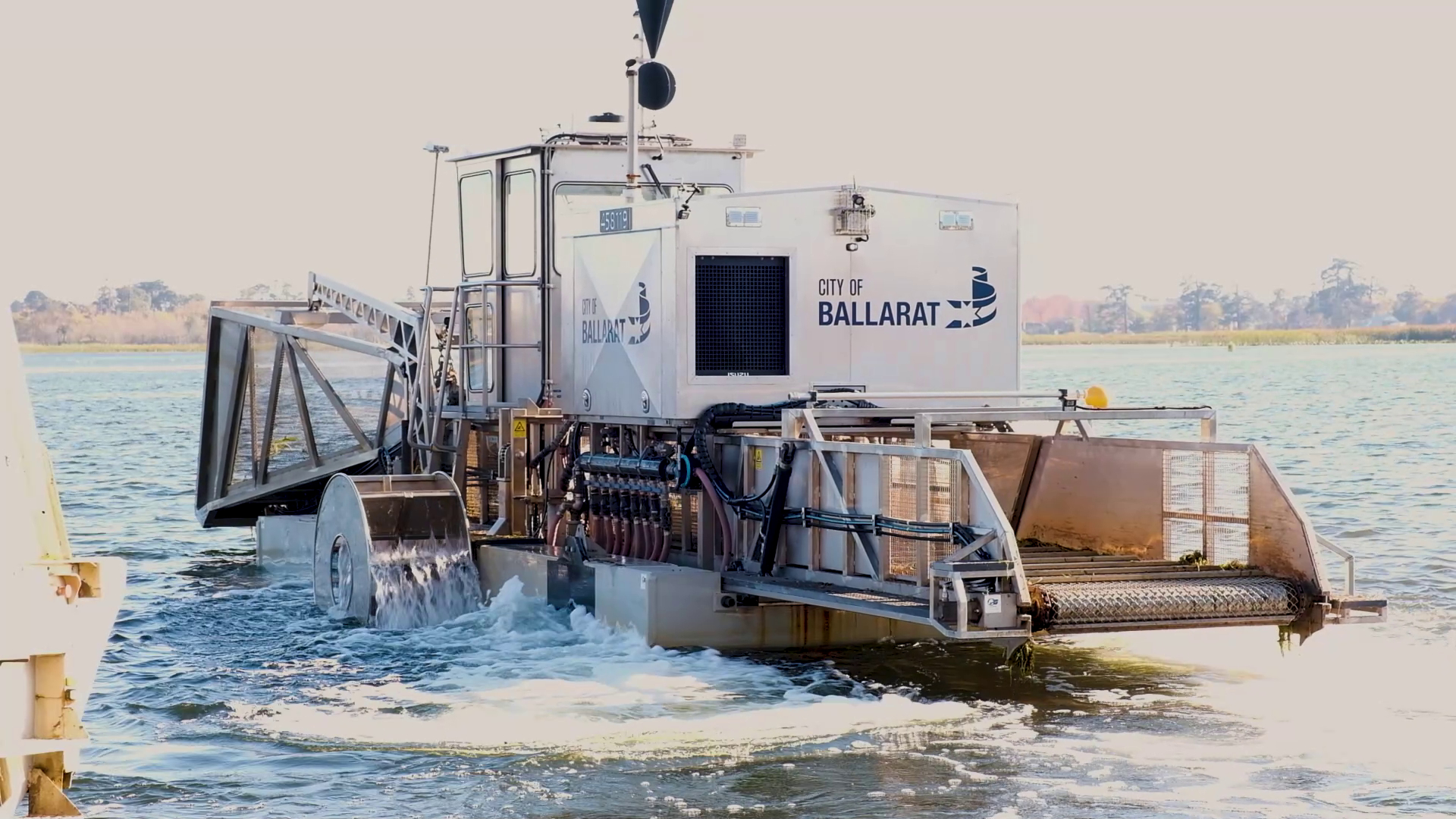
Clean habitats
Maintaining parks, gardens and open spaces throughout Australia is no easy feat.
Apart from keeping these assets looking good, city council teams also need to preserve the balance between community enjoyment and natural habitat, keeping ecosystems functioning at their best.
Lake Wendouree in Ballarat (dubbed the ‘Heart of Ballarat’) is a prime example of where nature meets man. It’s the City of Ballarat’s responsibility to maintain this vast expanse of water to draw wildlife to the area, while also meeting the recreational demands of Ballarat’s growing population.
A key part of this task is the application of some unique maintenance machinery, including a purpose-built weed-cutter and harvester.
This on-the-water unit is propelled by hydraulically driven paddles and operated by a team member in the climate-controlled cabin. All of this equipment is run by a single power unit, uniquely tailored to operate for hours on the water and capable of working through the height of the Aussie summer.
Native water grasses growing in Lake Wendouree are a vital part of the lake’s ecology, but they toe a fine line between preserving water quality and becoming a nuisance. Too much foliage and the lake reverts to swamp-like conditions; too little and the lake’s good health begins to deteriorate.
For the love of sport
Aside from the collective health benefits, local sports participation brings with it a sense of belonging, purpose and community for millions of Aussies every day.
For a good chunk of people (3.5 million to be exact), golf is the sport of choice, with 17.6 per cent of adult hitting a golf ball in 2023 according to Golf Australia’s latest stats.
Earlier this year, the Gisborne Golf Club and the local community, situated in the small rural hamlet of Gisborne in the Macedon Ranges, was left reeling from the loss of their clubhouse (also doubling as the local RSL branch), after an electrical fire swept through the facility.
Following the initial response from local firefighters and emergency crews, focus has shifted to rebuilding the clubhouse and RSL branch.
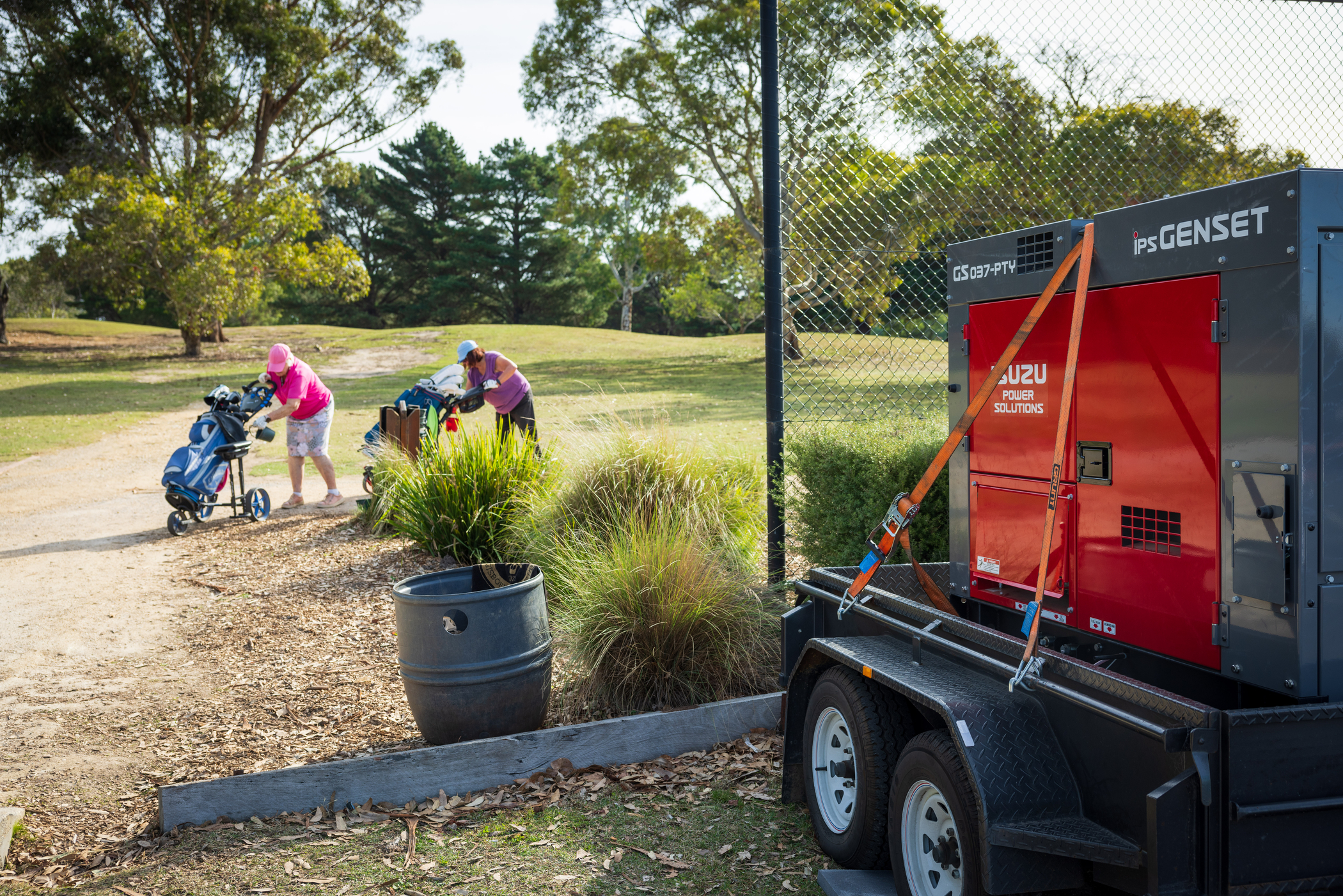
This massive effort is being helped along with remote power in the form of a 37 kVA enclosed generator set to help power the temporary site setup. This saw the locals getting back on the course and playing golf only 48 hours after the fire took place.
Not only does this highlight the versatility of remote power units for disaster relief and recovery but a unique example of getting the community back together again doing something they love.
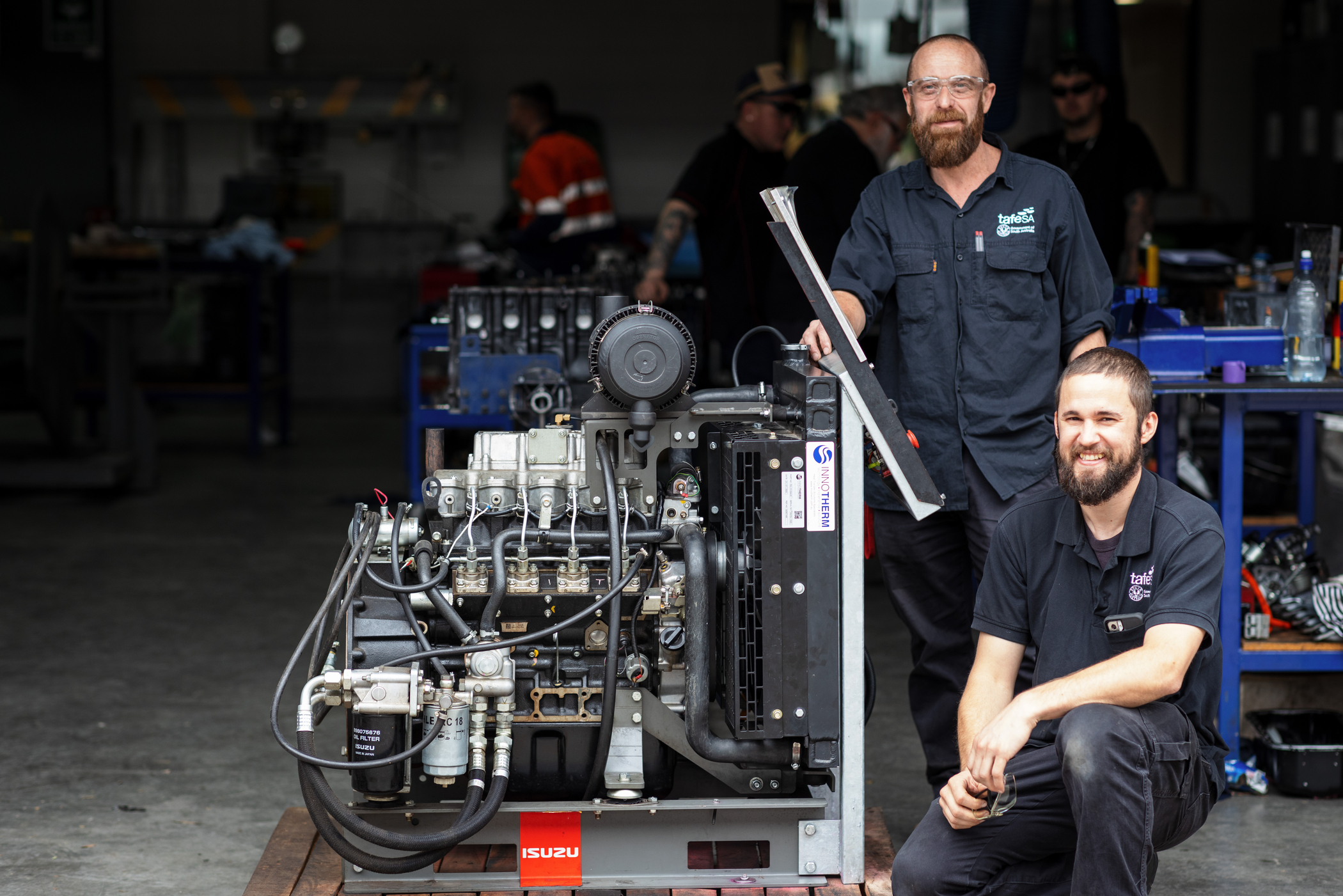
Learning power for students
After two decades of skilled labour shortage, Australian mechanical workshops are seeking up to 40,000 technicians to support their communities with automotive and mechanical expertise.
Educational institutions such as TAFE South Australia are doing their best to attract prospective students with an exciting range of courses and resources to gear-up for a career in the industry.
That’s why they’ve acquired six industrial power units from their local supplier for students to analyse, strip-down and repair as part of their learning program.
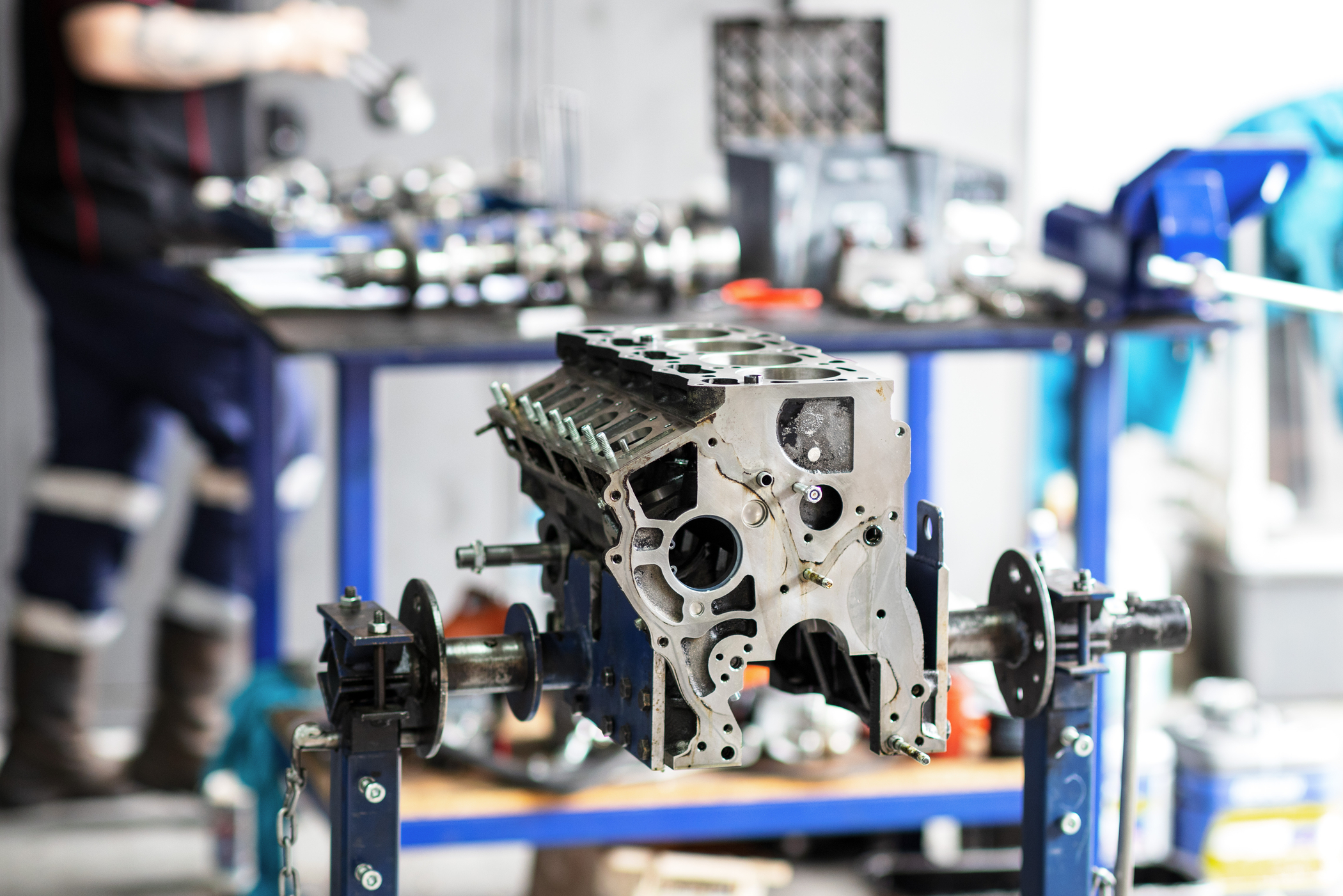
The training provided in these courses prepares a student to tackle a wide range of issues from engine diagnosis through to life skills that are applicable almost anywhere.
“We try to provide anything and everything a student needs to succeed in the industry,” said lecturer and automotive technician, David Askew.
In the classroom, one of the most important factors for the equipment in the heavy vehicle courses is replicability—anything taught to one group must be able to be replicated with another class.
“We were after these simple, mechanical engines, without too much electrical or fuss for teaching those fundamentals,” noted Andrew.
“It’s a funny dichotomy, where we want something that's going to provide a challenge but that’s capable of taking a beating, because we will put them through years of wear.”
In this instance, it’s a great illustration of how real-world product, in the form of modern power units, can be utilised as a tool to sharpen the abilities of the nation’s next generation of skilled workers.

Courtesy of Shutterstock
Here to stay
The above are just some small examples of the thousands of power units and engines that are used to support community activities and services each day.
It’s clear to see that reliable power generation from diesel engines is here for the for the foreseeable future—with a little help of course from new innovations that shape the way we employ this technology today.
Want more electrifying content in your feed? Check out this blog on remote power generation for events.


Lead the charge with Australia’s favourite truck.
2025 heralds Isuzu Trucks’ 36th year as market leader.* Number one in more than just sales, though, Isuzu Trucks has an unparalleled dealer support network, customer care program, truck range, and legendary reliability. To get behind the wheel of a winner, get into your nearest Isuzu Trucks Dealer now or visit isuzu.com.au
Learn More
